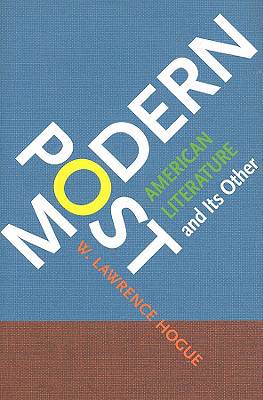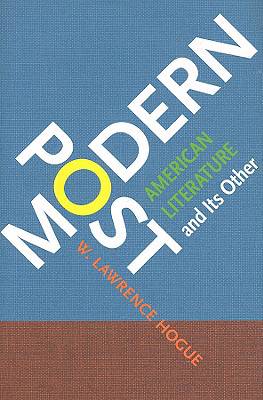
- Retrait gratuit dans votre magasin Club
- 7.000.000 titres dans notre catalogue
- Payer en toute sécurité
- Toujours un magasin près de chez vous
- Retrait gratuit dans votre magasin Club
- 7.000.000 titres dans notre catalogue
- Payer en toute sécurité
- Toujours un magasin près de chez vous
Description
In contrast to the dominant white male perspective on postmodernism, Hogue points to African American, American Indian, and women authors within the American postmodern canon--Rikki Ducornet, Kathy Acker, Ishmael Reed, and Gerald Vizenor--who work against these structures of stereotype and bias, resulting in a literary postmodernism that more genuinely respects and represents difference. He argues that most postmodern African American, American Indian, and women writers experience and write about postmodernity in ways that are substantially different from white men, since they are intimately concerned with the existence of racism and sexism. These "Other" authors, who are searching for new cultural forms and paradigms to describe themselves outside modernity's conventions, define themselves according to their own logic, one that eschews fixed notions of identity in favor of a network of contextual, partial, contradictory, and shifting identifications.
Spécifications
Parties prenantes
- Auteur(s) :
- Editeur:
Contenu
- Nombre de pages :
- 232
- Langue:
- Anglais
Caractéristiques
- EAN:
- 9780252033834
- Date de parution :
- 01-12-08
- Format:
- Livre relié
- Format numérique:
- Genaaid
- Dimensions :
- 163 mm x 231 mm
- Poids :
- 476 g







